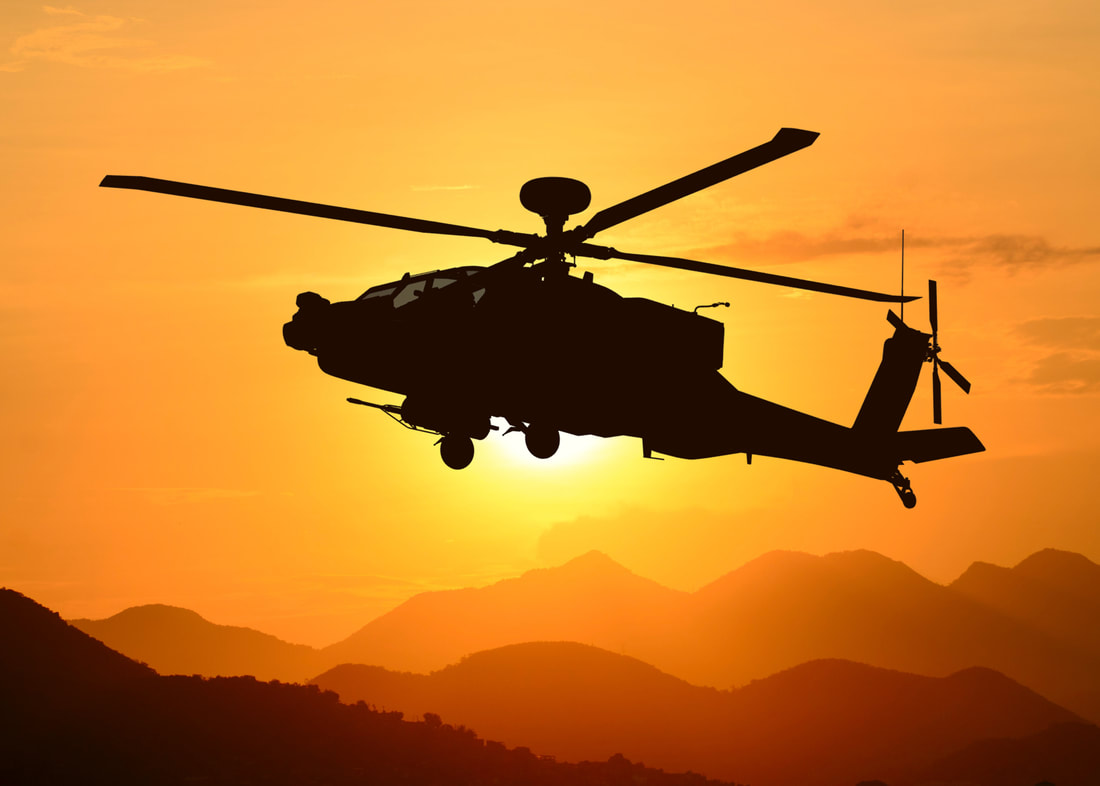The Rise of Manuel Noriega: From Ally to Adversary
Manuel Noriega, a military officer, initially collaborated with U.S. intelligence agencies during the Cold War. However, as the political climate evolved, so did Noriega's allegiances. His consolidation of power and alleged involvement in drug trafficking strained the relationship between Panama and the United States.
The Erosion of Democracy
Noriega's ascent to power saw the erosion of democratic institutions in Panama. Allegations of election fraud and human rights abuses drew international criticism, setting the stage for a dramatic confrontation with the United States.
The Path to Operation Just Cause: The Need for Intervention
By the late 1980s, the United States viewed Noriega as a destabilizing force in the region. His dictatorial regime was accused of drug trafficking, money laundering, and suppressing political opposition. The U.S. government, under President George H.W. Bush, determined that intervention was necessary to safeguard American interests and restore democracy in Panama.
The Buildup of Tensions
Diplomatic efforts to oust Noriega proved futile, and tensions escalated. The U.S. military presence in Panama increased, and Operation Just Cause became imminent. The operation aimed to capture Noriega, safeguard American citizens, and neutralize the perceived threat to regional stability.
Operation Just Cause Unfolds
On the night of December 20, 1989, Operation Just Cause commenced with overwhelming force. Thousands of U.S. troops, supported by air and naval power, launched a swift and decisive campaign to remove Noriega from power. The operation marked the largest U.S. military action since the Vietnam War.
Achieving Objectives
Operation Just Cause achieved its primary objectives within days. Manuel Noriega, the former dictator of Panama, was captured during Operation Just Cause in 1989. After surrendering to U.S. forces, Noriega was taken into custody. Following his capture, he was eventually transported to the United States to face charges related to drug trafficking, money laundering, and racketeering.
Noriega was captured, and the Panamanian Defense Forces were swiftly dismantled. The operation, while successful, also brought about significant collateral damage and civilian casualties, raising questions about the cost of military intervention.
The Aftermath: Rebuilding Panama and the Transition to Democracy
With Noriega ousted, the United States aimed to establish a stable and democratic government in Panama. Guillermo Endara, the opposition candidate in the disputed 1989 elections, assumed the presidency. The transition marked the end of Noriega's era and the beginning of a new chapter for Panama.
Legacy and Controversy
Operation Just Cause remains a subject of historical scrutiny and debate. While it achieved its immediate objectives, the operation's long-term consequences and the precedent it set for future U.S. interventions continue to be topics of discussion among historians, policymakers, and scholars.
Reflections on Operation Just Cause: Humanitarian Concerns
Operation Just Cause, while successful in removing a dictator, raised humanitarian concerns due to the level of force employed. The collateral damage and civilian casualties sparked criticism and prompted reflections on the ethical dimensions of military intervention.
The Evolution of U.S. Foreign Policy
The operation marked a pivotal moment in U.S. foreign policy, emphasizing the use of military force to achieve strategic objectives. It contributed to ongoing debates about the role of the United States in promoting democracy and stability in foreign nations.
Operation Just Cause in Retrospect
Operation Just Cause, born out of a complex geopolitical landscape, remains a defining chapter in Panama's history. The removal of Manuel Noriega and the subsequent transition to democracy shaped the trajectory of the nation. As we reflect on the events of December 1989, it is essential to consider the broader implications of military interventions, the complexities of nation-building, and the enduring questions surrounding the use of force in the pursuit of geopolitical objectives.



 RSS Feed
RSS Feed